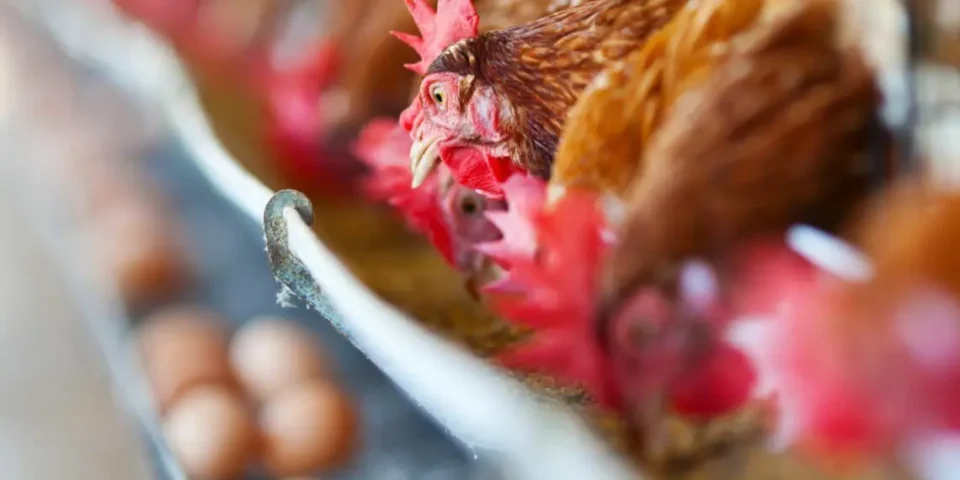Nigeria’s poultry industry has grown into one of the most dynamic and profitable segments of the nation’s agricultural economy, contributing an impressive 25% to agricultural GDP. Beyond being a major food source, it is a powerful engine for employment, rural development, and food security.
Over the past few decades, poultry farming in Nigeria has evolved from small backyard operations into a modern agribusiness sector supporting millions of livelihoods. Today, poultry enterprises thrive in both urban and rural settings, supplying affordable protein while creating jobs across the value chain — from hatchery operations and feed production to egg and meat processing.
A Major Employer and Economic Driver
The poultry sector directly and indirectly employs over 25 million Nigerians, accounting for nearly 10% of the country’s population. This growth has positioned Nigeria as one of Africa’s largest producers of poultry products and the continent’s top egg producer.
This remarkable progress reflects both the resilience of local farmers and the strong consumer demand for eggs and poultry meat. The industry’s influence extends beyond food production — it empowers youth and women in agribusiness, generates rural income, and contributes to Nigeria’s broader economic stability.
Challenges Hindering Growth
Despite its success, the poultry industry faces persistent challenges that limit profitability and expansion.
One of the most pressing issues is the high cost of poultry feed, which accounts for nearly 70% of total production expenses. Fluctuating prices of key ingredients such as maize and soybeans often squeeze farmers’ profit margins. Smallholder producers — who make up a large share of the sector — are particularly vulnerable, as they lack the capacity to produce their own feed or benefit from government price stabilization initiatives.
According to industry experts, a farmer typically needs at least 8,000 laying hens to operate profitably — a scale that remains out of reach for many small producers.
Access to affordable financing remains another barrier. Many poultry farmers struggle to secure low-interest loans needed to modernize their facilities or expand operations. Inadequate storage infrastructure, poor transportation networks, and limited veterinary services further contribute to inefficiencies and post-production losses.
Eggs: A Cornerstone of Nutrition and Food Security
Despite these challenges, poultry products — especially eggs — remain one of Nigeria’s most affordable and reliable protein sources. Rich in vitamins A, B12, and E, as well as high-quality protein, eggs are a dietary staple across Nigerian households.
Nutrition experts highlight egg consumption as a key strategy in combating malnutrition, particularly among children and pregnant women. As a result, promoting eggs as part of daily nutrition programs offers both health and economic benefits.
The Way Forward: Building a Stronger Poultry Sector
To unlock the full potential of Nigeria’s poultry industry, a combination of policy support, innovation, and collaboration is needed.
Key recommendations include:
-
Expanding access to affordable credit to help farmers upgrade operations.
-
Encouraging cooperative feed production to lower costs and enhance competitiveness.
-
Integrating poultry products into school feeding and institutional programs, creating stable markets and improving child nutrition.
-
Strengthening biosecurity and veterinary support to enhance productivity and reduce losses.
By addressing these structural challenges, Nigeria can transform its poultry industry into a regional powerhouse that ensures food security, creates sustainable jobs, and supports rural economic growth.
A Growing Force for National Development
With its vast potential, the poultry industry stands out as a cornerstone of Nigeria’s agricultural transformation. It continues to provide affordable protein, generate income, and empower millions — proving that with the right policies and partnerships, this sector can help drive Nigeria toward greater food security and economic resilience.



